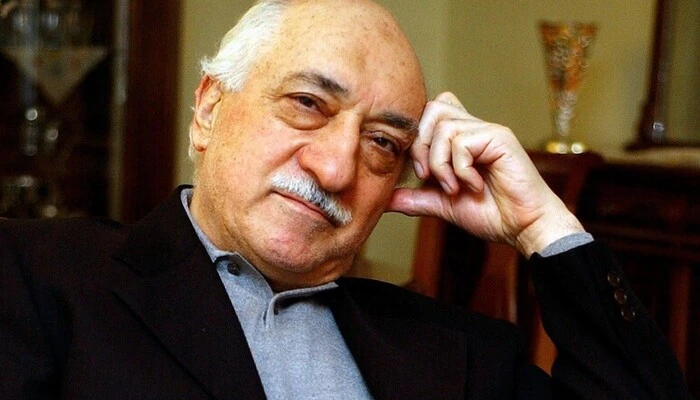Fethullah Gulen, the U.S.-based cleric who built an influential Islamic movement in Turkey and beyond, has died at the age of 83. Gulen, who had lived in self-imposed exile in the United States since 1999, passed away on Sunday in a U.S. hospital, according to Herkul, a website that publishes his sermons.
From Ally to Foe of Erdogan
Once a close ally of Turkish President Tayyip Erdogan, Gulen’s relationship with the Turkish leader deteriorated over time. Erdogan accused Gulen of orchestrating the failed coup attempt in 2016, during which rogue military forces used warplanes, tanks, and helicopters in a bid to seize power. The coup resulted in the deaths of around 250 people.
While Gulen denied involvement in the coup, the Turkish government designated his movement, known as “Hizmet” (meaning “service”), as a terrorist organization. Turkish Foreign Minister Hakan Fidan confirmed Gulen’s death and reiterated the government’s commitment to continuing its fight against the group. “Our nation’s determination in the fight against terrorism will continue,” Fidan said.
Gulen’s Movement and Its Global Reach
Gulen’s Hizmet movement aimed to promote a moderate form of Islam, emphasizing Western-style education, free markets, and interfaith dialogue. His influence expanded through a network of schools, businesses, and media outlets in Turkey and abroad, reaching as far as Central Asia, the Balkans, Africa, and the West.
Known to his followers as “Hodjaefendi” (respected teacher), Gulen was born in 1941 in the eastern Turkish province of Erzurum. The son of an imam, he began studying the Koran as a child and rose to prominence in the 1960s as a preacher in Izmir, where he established student dormitories and developed an informal network that would later become his movement.
Erdogan’s Crackdown After the Coup
Gulen’s movement came under intense scrutiny after the 2016 coup attempt. Erdogan’s government launched a wide-scale crackdown, arresting at least 77,000 people and suspending 150,000 accused state workers, including teachers, judges, and soldiers, linked to Gulen’s network. Hundreds of schools, businesses, and media outlets associated with the movement shut down, with assets seized by the state.
Gulen condemned the coup attempt, stating, “As someone who suffered under multiple military coups, it is especially insulting to be accused of any link to such an attempt.” However, the Turkish government continued to view his movement as a grave threat to the state, describing it as “a cancer” that needed to be rooted out.
Read: Egypt Certified Malaria-Free After Nearly a Century of Effort
Gulen’s Legacy and Extradition Efforts
Gulen’s movement also faced criticism from Turkey’s secular opposition, which saw it as undermining the country’s secular foundations. Ankara repeatedly sought Gulen’s extradition from the United States, but those efforts were unsuccessful.
In a 2017 interview from his compound in Pennsylvania’s Pocono Mountains, Gulen expressed no intention of fleeing the U.S. to avoid extradition. At the time, he appeared frail, with his doctor by his side. Gulen’s death marks the end of a controversial chapter in Turkish politics, as the country continues its fight against his legacy.
Follow us on Google News, Instagram, YouTube, Facebook,Whats App, and TikTok for latest updates
